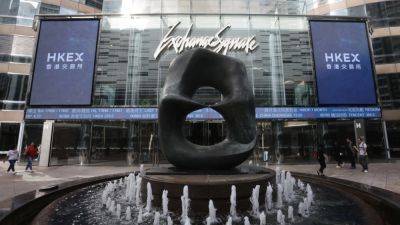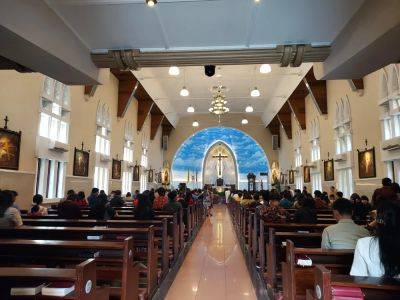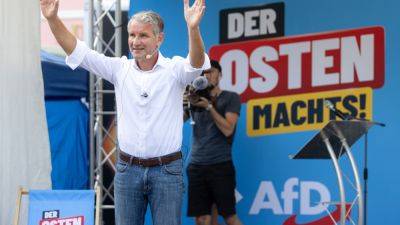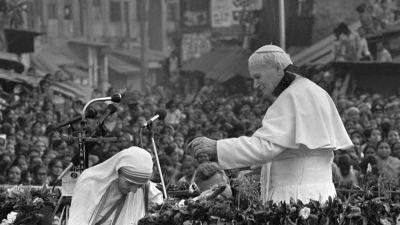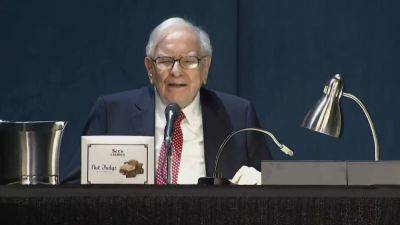What’s at stake in Sri Lanka’s first presidential vote since its economic meltdown?
COLOMBO, Sri Lanka (AP) — Sri Lanka will hold its presidential election on Sept. 21 in a crucial vote that will decide the future of the South Asian nation still struggling to recover from its economic collapse in 2022, which provoked mass protests and forced the former President Gotabaya Rajapaksa to flee the country and later resign.
The election is seen as a referendum on President Ranil Wickremesinghe’s two-year-long rule that has overseen a fragile recovery of the country’s economy.
He faces a tough challenge from the leader of the opposition in parliament, as well as from a left-leaning politician with a powerful alliance, who is gaining popularity among young voters.
Almost 17 million of Sri Lanka’s 22 million people are eligible to vote, and 38 candidates are running for office.
Who are the main candidates?
Wickremesinghe, whose United National Party has been weakened by a split, is running as an independent candidate. Even though Wickremesinghe remains unpopular for carrying out austerity measures — including sharp tax hikes — in exchange for an International Monetary Fund bailout, he is hoping to gain votes from his success in largely abating the shortage of essentials such as fuel, cooking gas, medicines and food.
But Wickremesinghe — a six-time prime minister — is at a disadvantage because he belongs to the old guard, whom Sri Lankans blame for the economic collapse.
Anura Kumara Dissanayake, the leader of a Marxist-led coalition named National People’s Power, is fast emerging as a key challenger to Wickremesinghe due to his popularity among the young people fed up with corruption that they believe caused the economic crisis. He is also drawing support from some voters who participated in the 2022 protests


